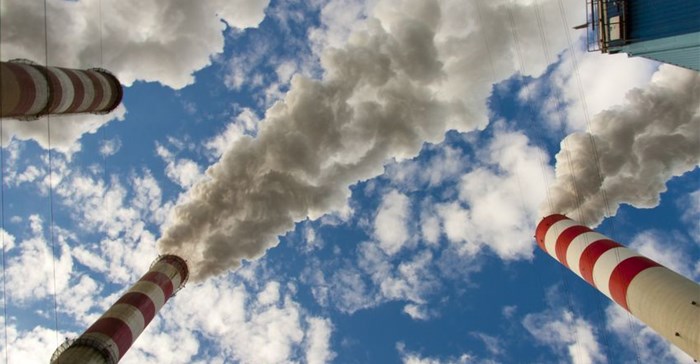
Related
Top stories






More news











Logistics & Transport
Uganda plans new rail link to Tanzania for mineral export boost














A report by the University of Cape Town’s Energy Research Centre (ERC) shows that Thabametsi near Lephalale, Limpopo (557MW) and Khanyisa near eMalahleni, Mpumalanga (306MW) are the preferred bidders under the first bid window of the coal-baseload IPP procurement programme.
According to the report the two coal IPPs are not needed to meet South Africa’s medium-term electricity demand. Where future capacity is needed, this is met more cheaply by other electricity sources such as wind, solar, and flexible gas generation.
“These new coal IPPs are excessively expensive and polluting, and crowd out other cheaper, cleaner, and more flexible alternatives. They would increase costs in the electricity sector unnecessarily, in circumstances where we already have a large surplus of generation capacity”, says Gregory Ireland of the ERC.
The new plants would also increase greenhouse gas (GHG) emissions by 205,7Mt CO2eq over the 30-year period of the power purchase agreements, and negate most of government’s emission mitigation plans, including the vast majority of the expected savings of the entire Energy Efficiency Strategy to 2050. They would further impact South Africa’s commitments under the Paris Agreement, raising the costs of mitigation dramatically and requiring significant GHG emission cuts elsewhere in the electricity sector and in other sectors. If the coal IPPs were to operate at the capacities authorised by their environmental authorisations (Thabametsi 1200MW, and Khanyisa 600MW), the costs and impacts would increase proportionally, and would be roughly doubled.
“A least-cost IRP does not require new coal-fired power stations to be built, so the coal IPPs make no sense. Spending an additional R20bn on two new coal IPPs would not be in the public interest,” Robyn Hugo, head of the Centre for Environmental Rights’ pollution and climate change programme.
“Eskom is facing a financial crisis and rising electricity prices will drive consumers away from the utility. But the enormous additional expense of the coal IPPs would impact most directly on the poor, who are already hardest hit by the devastating health and other impacts of polluting coal-fired power generation,” Bobby Peek, director of environmental justice organisation, groundWork.
The coal plants are required to commence operating by December 2021, but numerous required licences and authorisations are outstanding and/or are currently being challenged in the High Court by the Life After Coal campaign. Neither project has reached financial close yet.